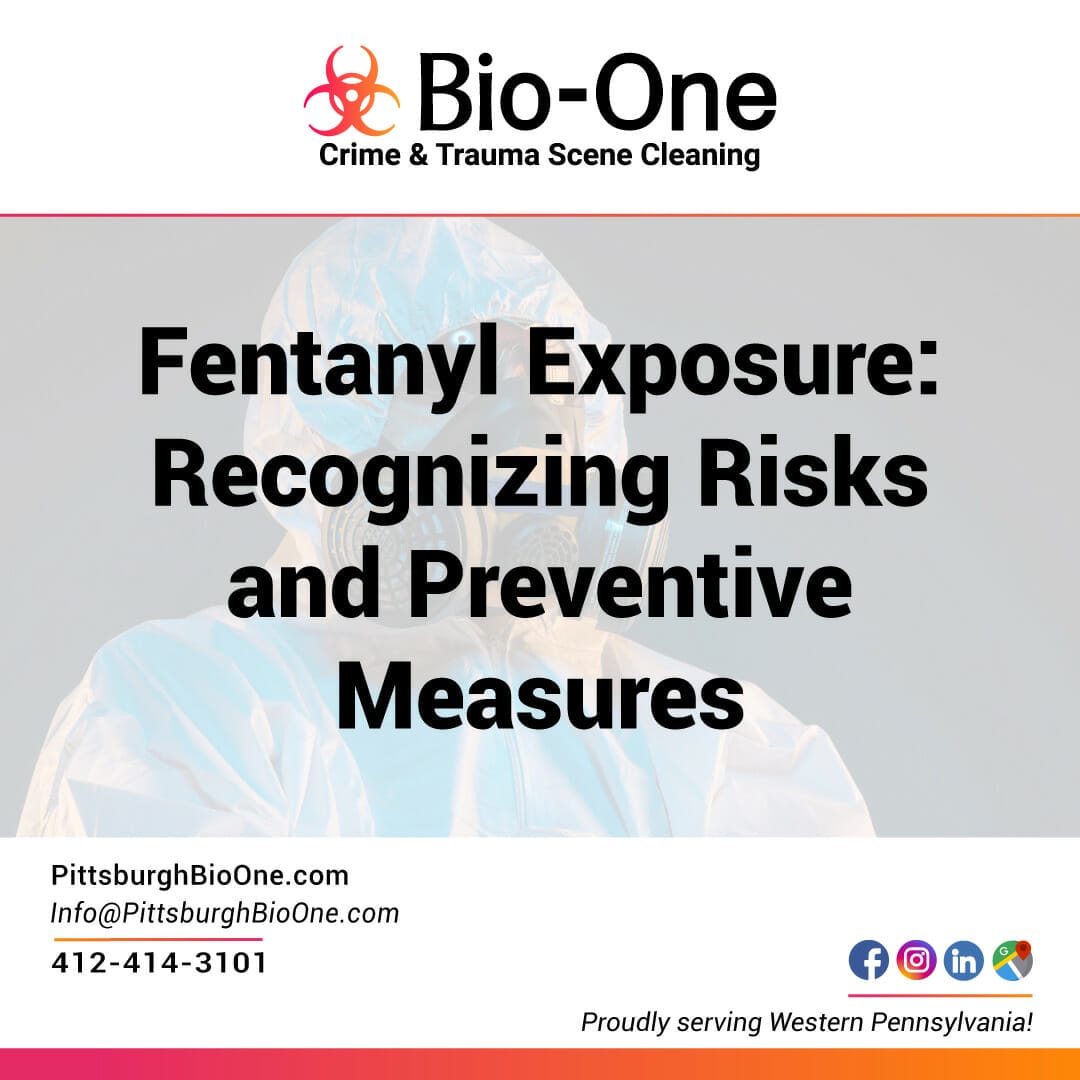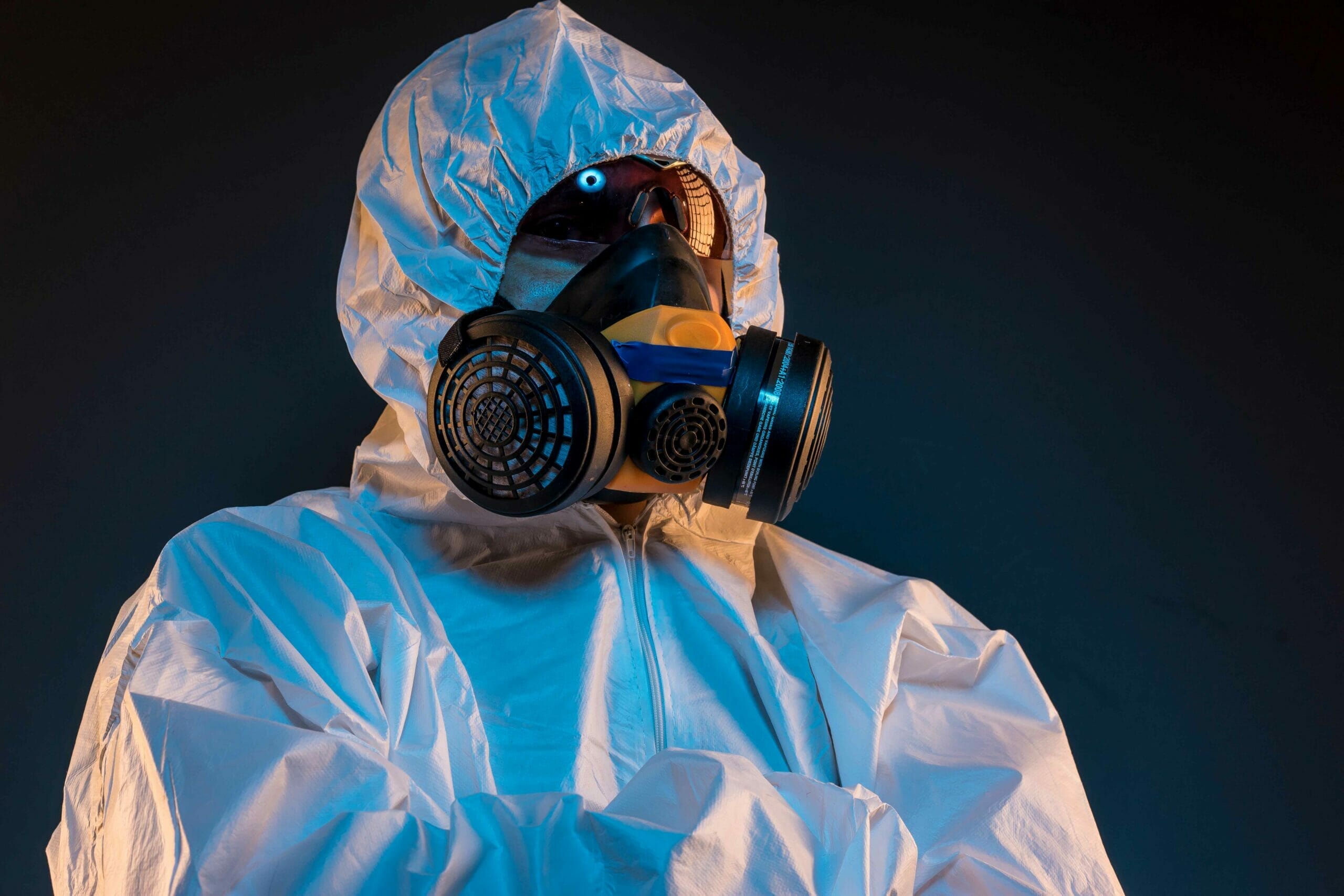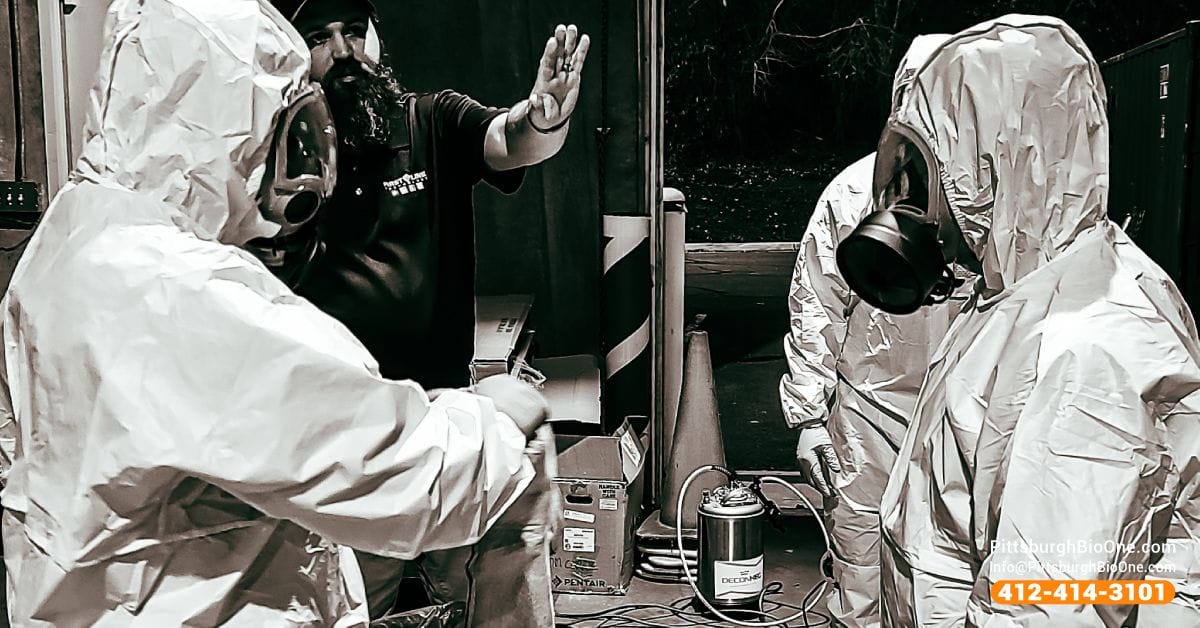
Fentanyl is a potent and dangerous drug that is responsible for numerous overdose deaths. The drug is highly addictive, and even small doses can be lethal. Its potency makes it dangerous, not just for drug users but also for emergency responders and anyone exposed to the drug unintentionally. As a result, we must understand the risks associated with fentanyl exposure and the preventive measures they must take to stay safe.

What is Fentanyl and How is it Produced?
Fentanyl is a synthetic opioid that is 50-100 times more potent than morphine. It is a prescription medication typically used to treat severe pain, but it is also produced illegally and sold on the streets. Illegally, fentanyl can be found in:
- Powder
- Pills (often disguised as other prescription drugs)
- In combination with other drugs, such as heroin or cocaine
The production of fentanyl involves mixing various chemicals, often with no medical background or safety regulations, which makes the drug highly unpredictable and dangerous.
Risks of Fentanyl Exposure
Fentanyl exposure can occur through various means, including ingestion, inhalation, and skin contact. It is a highly potent drug, and even small amounts can lead to overdose and death. The risks of fentanyl exposure include:
- Overdose: The potency of fentanyl means that even a small dose can result in an overdose.
- Respiratory depression: Fentanyl suppresses the respiratory system, making it difficult for the body to receive enough oxygen. This can quickly lead to respiratory failure and death.
- Nausea and vomiting: Fentanyl can cause severe nausea and vomiting, which can lead to dehydration and electrolyte imbalances.
- Seizures: In some cases, fentanyl exposure can cause seizures, which can be life-threatening if not treated promptly.
- Organ damage: Fentanyl can cause damage to the liver, kidneys, and other organs, leading to long-term health complications.
- Addiction: Like other opioids, fentanyl has a high potential for addiction. Continued use can lead to dependency and difficult withdrawal symptoms.
What You Can Do in Case of Accidental Exposure or Overdose
If you suspect that you or someone you know has been exposed to fentanyl, you must act quickly to prevent an overdose. The first step is to move the person to fresh air immediately. Next, call 911 and take other measures to ensure that emergency help is on the way.

Emergency responders can provide a life-saving medication called Naloxone, which can reverse the effects of fentanyl and other opioids. It is crucial to seek medical attention as soon as possible, even if the person appears to have recovered from an overdose. Fentanyl can remain in the body for a long time, and delayed symptoms or complications may occur.
Protecting Yourself from Fentanyl Exposure
If you work in environments where fentanyl is present, it's essential to wear personal protective equipment that includes gloves, masks, and safety glasses when handling the disposal. If you suspect that a substance contains fentanyl, do not handle it or attempt to identify it on your own. Instead, contact law enforcement or a hazardous materials team for proper handling and disposal.
Bio-One of Pittsburgh Can Help
Fentanyl exposure is a severe public health problem. If you suspect that a property has been contaminated with fentanyl, seek professional help. Our experts at Bio-One of Pittsburgh can remediate homes, businesses, and properties from fentanyl residue and other biohazardous waste. We are available 24/7, 365 days a year to answer your call!



